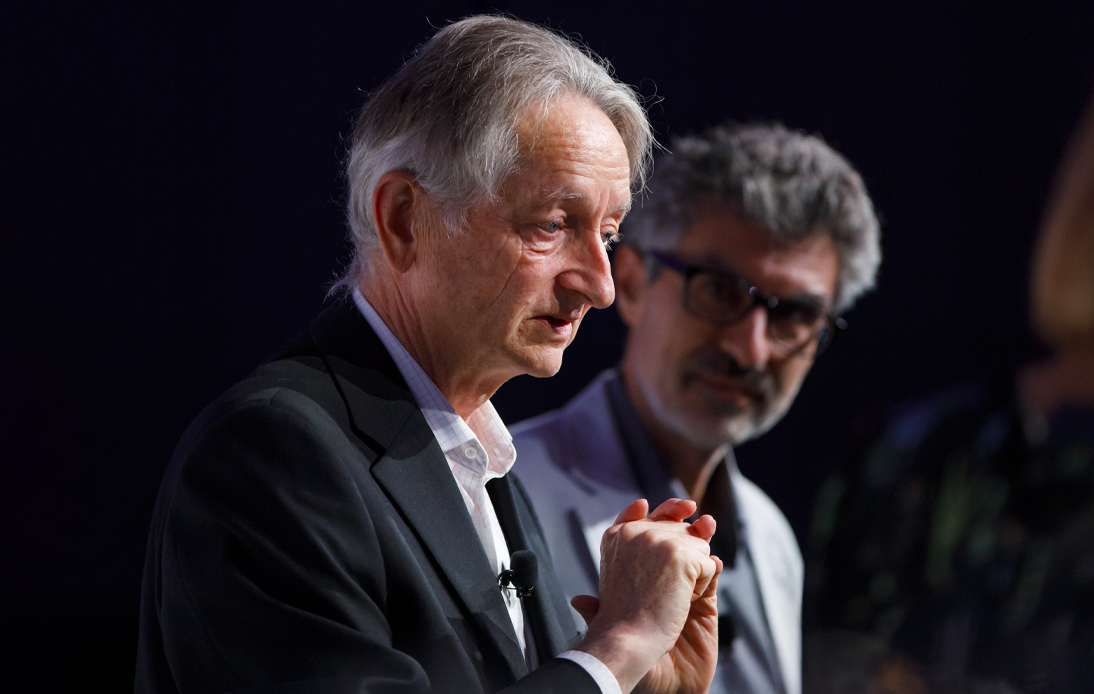
A man often regarded as the founding father of artificial intelligence (AI) has resigned from his position, warning about the increasing risks arising from development in the field.
At the age of 75, Geoffrey Hinton declared his departure from Google through a statement given to the New York Times, expressing remorse for his work.
He expressed that some of the dangers associated with AI chatbots were “quite scary.”
“Right now, they’re not more intelligent than us, as far as I can tell. But I think they soon may be.”
Dr. Hinton’s groundbreaking studies on deep learning and neural networks have set the stage for contemporary AI systems like ChatGPT.
Nevertheless, the British-Canadian cognitive psychologist and computer scientist stated that the chatbot might surpass the amount of information a human brain can hold.
“Right now, what we’re seeing is things like GPT-4 eclipses a person in the amount of general knowledge it has and it eclipses them by a long way. In terms of reasoning, it’s not as good, but it does already do simple reasoning.
“And given the rate of progress, we expect things to get better quite fast. So we need to worry about that.”
In the New York Times piece, Dr. Hinton mentioned “bad actors” who would attempt to utilize AI for “bad things.”
When ask to expand on this, he responded: “This is just a kind of worst-case scenario, kind of a nightmare scenario.”
“You can imagine, for example, some bad actor like [Russian President Vladimir] Putin decided to give robots the ability to create their own sub-goals.”
The scientist cautioned that this might ultimately “create sub-goals like ‘I need to get more power’”.
He continued: “I’ve come to the conclusion that the kind of intelligence we’re developing is very different from the intelligence we have.”
“We’re biological systems and these are digital systems. And the big difference is that with digital systems, you have many copies of the same set of weights, the same model of the world.
“And all these copies can learn separately but share their knowledge instantly. So it’s as if you had 10,000 people and whenever one person learnt something, everybody automatically knew it.:
“And that’s how these chatbots can know so much more than any one person,” he continued.
Dr. Hinton also provided several other reasons for leaving his job.
“One is, I’m 75. So it’s time to retire. Another was, I actually want to say some good things about Google. And they’re more credible if I don’t work for Google.”
He emphasized that he did not intend to criticize Google and praised the technology company for being “very responsible”.
In a statement, Google’s chief scientist Jeff Dean stated: “We remain committed to a responsible approach to AI. We’re continually learning to understand emerging risks while also innovating boldly.”




















